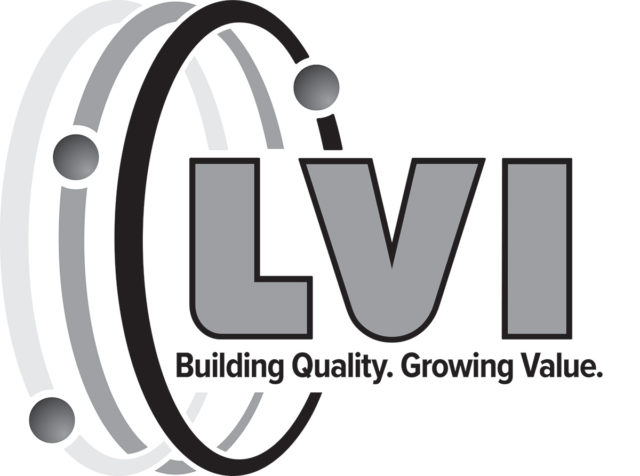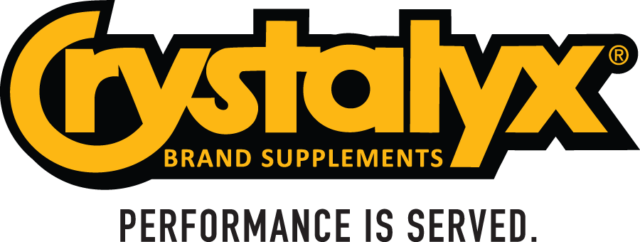For many, the coronavirus and the repercussions of it were not the only problems to face in 2020. It was a year riddled with challenges and each one seemed to compound to the point we want to scream, “I’ve had enough!”
Now, I have no prior pandemic life experience, and I’m not a disease specialist, but I’m pretty sure viruses can’t tell time or read a calendar. When I look at my 2021 calendar, it appears we’ll see plenty of carryover from 2020 into this new year as events and activities either continue to cancel or switch to a virtual format. We will likely need to continue to make adjustments in our business and personal lives as well.
So how do we look ahead when so much of the future seems unknown? At this time last year, we had no idea of what 2020 truly had in store for us. It can be easy to say, “let’s just go back to that point,” but I don’t like going back in time because I believe every experience – good or bad – can be a learning opportunity. Maybe that’s the place to start this year – with a little reflection.
Oftentimes, we can fall in the trap of negativity bias and focus on the negative experiences over the positive. Think back on the year, and find the good parts. Yes, they did exist. What did you learn from those? Is there something you want to make a point to keep doing in the new year?
Now look at the things that didn’t go well, whether it was in your control or not. How could you have handled it differently? Can you position your business better so the next time that or something similar happens, you are prepared?
As we take a look at business planning in this issue, there are a lot of great strategies to implement. In the article on page 24, Betty-Jo Bradley suggests you utilize the strengths and abilities of your veterinarian to troubleshoot milk quality issues on your farm. Veterinarians can also lend a hand in proAction preparedness measures. Find out how in the article Do's and don'ts of proAction preparedness. Your other farm team members, like your nutritionist, agronomist, lender, hoof trimmer, etc., might be able to point to areas you should focus on this year or give you ideas they’ve seen on other farms that could be worth a try on your operation.
Once you know where you want to improve, read the article Evaluating costs the 'SMART' way, to find out how to set SMART – specific, measurable, attainable, relevant and timely – goals. The authors, Donna Benschop and Matt Groen, even offer three examples that you may want to consider for your farm.
Then, with any business planning, it is important to assess for different outcomes. What if your plan turns out better than expected? What if something goes wrong? As Philippe Couture writes about planning for a transition to robotic milking, read A smooth transfer into a robotic milking system, he points out several examples that can impact a business plan. While the article focuses on adopting robotic milking, this and other strategies mentioned can be applied in many other planning scenarios.
If we’ve learned anything in 2020, it is that unexpected things can happen in life all the time. Those with a plan in place can usually weather those moments better than those without.
Lastly, while looking back and looking forward, take a moment to be mindful of the present. You made it through a difficult year. Let out a cheer. Pat yourself on the back. It is important to appreciate your current status. Even if it’s not where you’d hope to be at the start of 2021, the events of 2020 laid some groundwork for you and the year to come.
Wishing you all the best in 2021 – Happy New Year! ![]()

-
Karen Lee
- Editor
- Progressive Dairy
- Email Karen Lee










